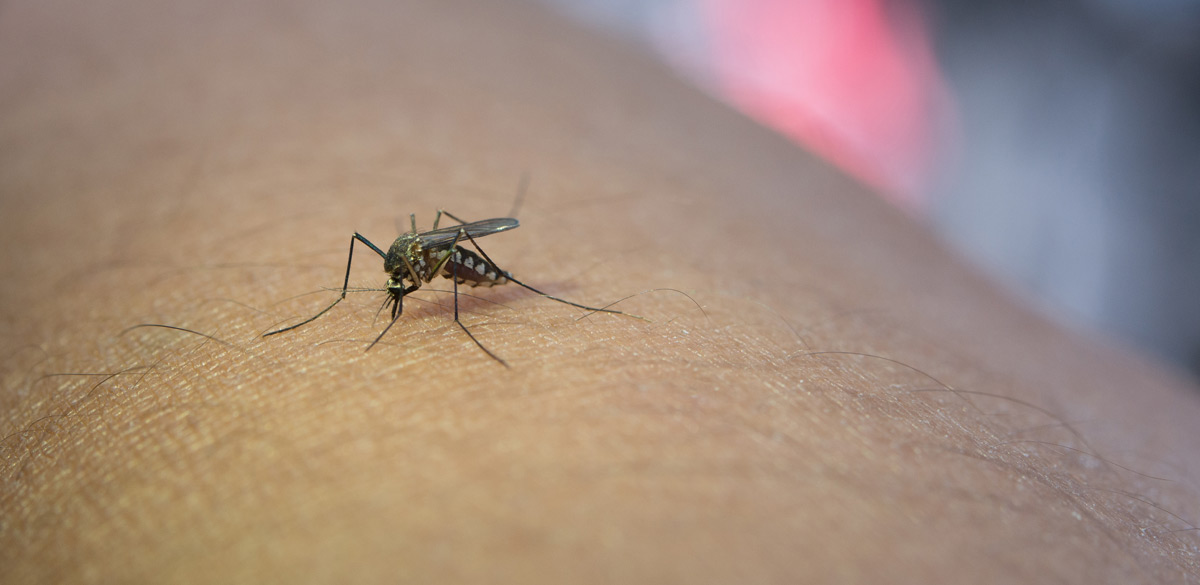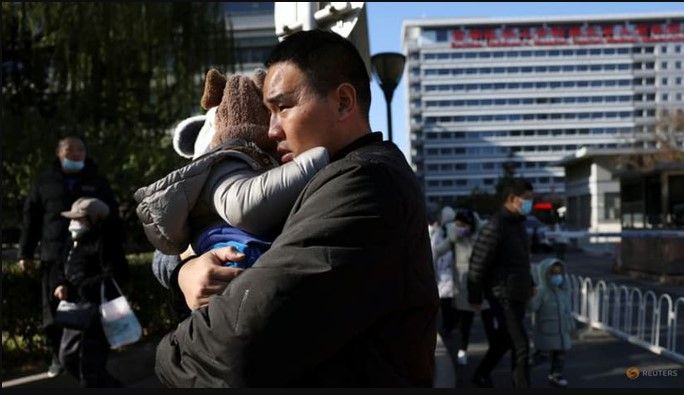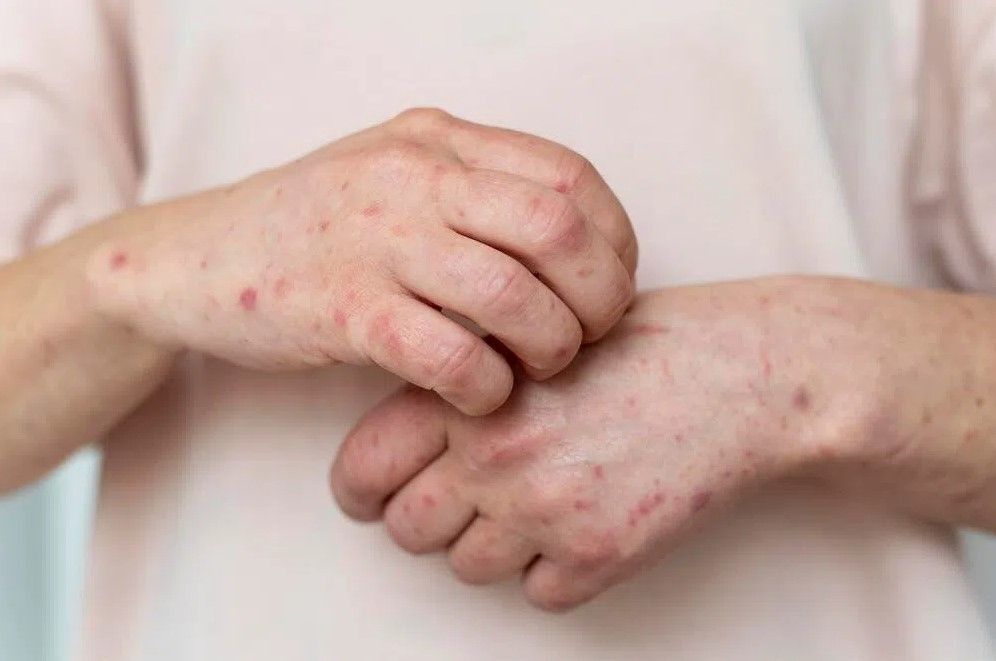WHO warns that dengue fever has become a major threat
WHO warns that mosquito-borne diseases, including dengue fever, which kills thousands of people every year, will become a major threat.
Sir Jeremy Farrar, a scientist with the World Health Organization (WHO), warns that dengue fever could spread in the southern United States and southern Europe before 2030. He said warming temperatures make mosquitoes carrying pathogens deeper into many countries, increasing the number of cases.
Data show that about 20,000 people die from dengue fever every year, mainly in Asia and America. The disease has a mortality rate of one case per 100 patients. In Vietnam, cumulatively from the beginning of the year until now, the country has recorded more than 70,000 cases of dengue fever, with nearly 20 patients dying.
Meanwhile, in the US, about 1,200 cases are recorded each year, nearly 600 of which are infected locally. Scientists say dengue fever could become endemic in the United States if mosquitoes from Mexico find a way to move further north.
"We need to be more proactive about dengue fever, preparing countries to cope with the health pressures that will come in the future, especially in big cities," Dr. Farrar said.
He promotes the importance of intensive clinical care and treatment. This requires a high nurse-to-patient ratio, which can be an obstacle in sub-Saharan Africa.
According to the Centers for Disease Control and Prevention (CDC), dengue outbreaks have occurred in the US, where it was previously uncommon. Although relatively small in scale, experts warn that the disease could become more serious due to rising temperatures.

Dengue fever, transmitted by the Aedes aegypti mosquito, has been found in some southern areas. They are constantly active and can breed in even the smallest puddles of water.
The disease causes symptoms of high fever, sudden headache, eye socket pain, and joint pain, such as knee and elbow joints. In severe cases, dengue fever leads to life-threatening complications, such as dengue shock syndrome. This condition causes severe bleeding, encephalitis, or swelling of the brain.
There is currently no official cure for dengue fever. For treatment, doctors often prescribe patients fluids, fever reducers and pain relievers in some cases.
In early October, WHO recommended the use of Qdenga vaccine to prevent dengue fever for children aged 6 to 16 years in areas where the infection is severe. Qdenga has also been approved by the EU Medicines Agency.
* SOURCE: https://vnexpress.net/who-canh-bao-sot-xuat-huyet-tro-thanh-moi-de-doa-lon-4674418.html









 Facebook
Facebook
 Tweet
Tweet
 Zalo
Zalo







 News
News

















 Sign in with Facebook
Sign in with Facebook
 Sign in with Google
Sign in with Google